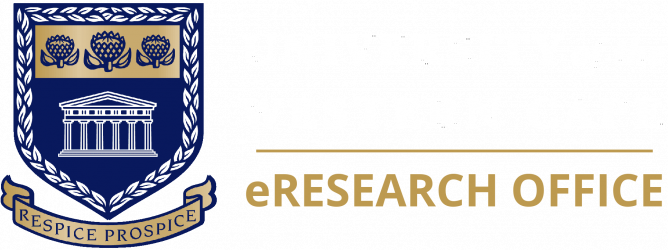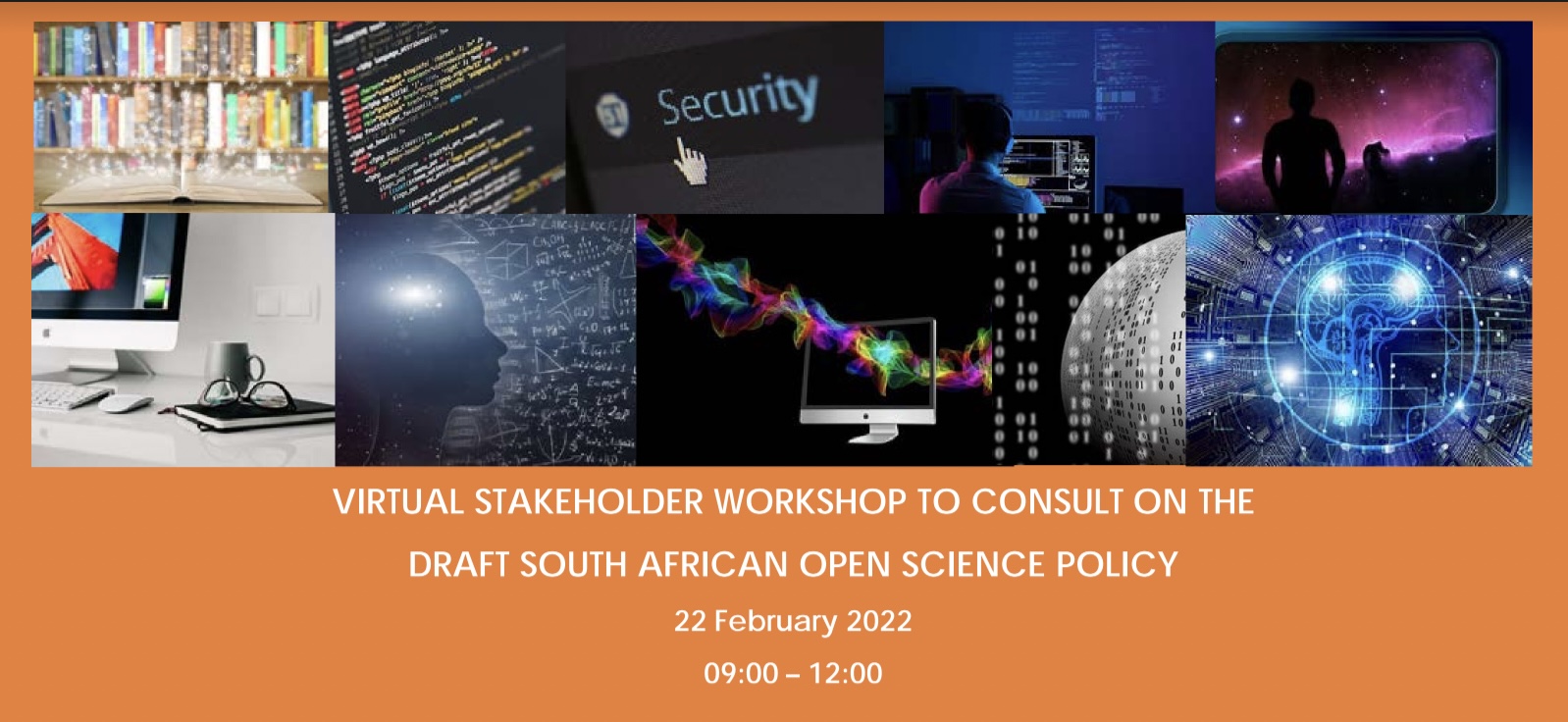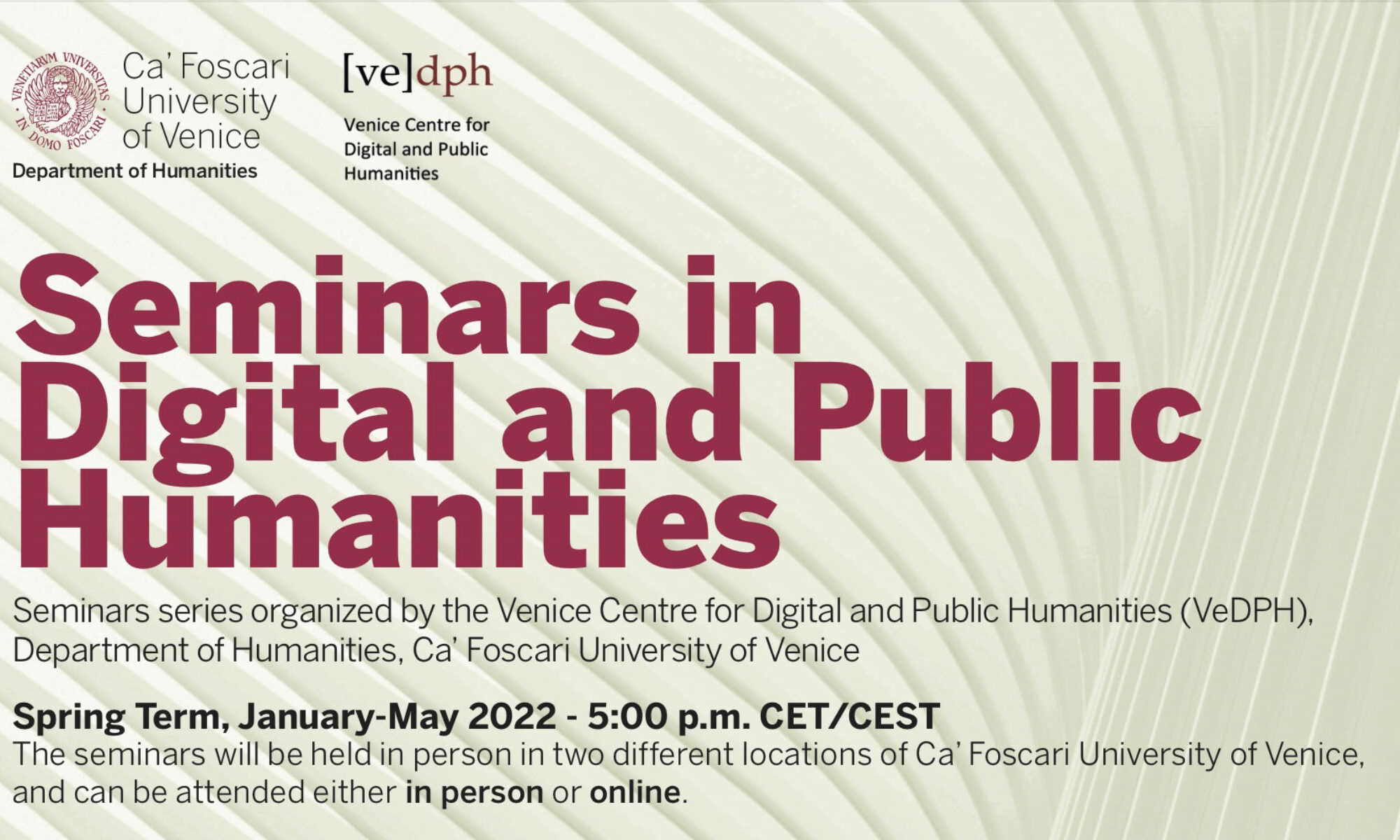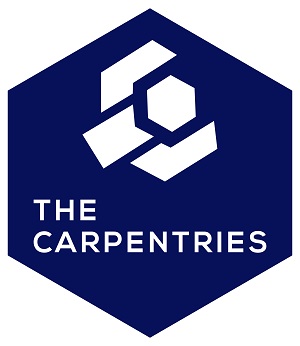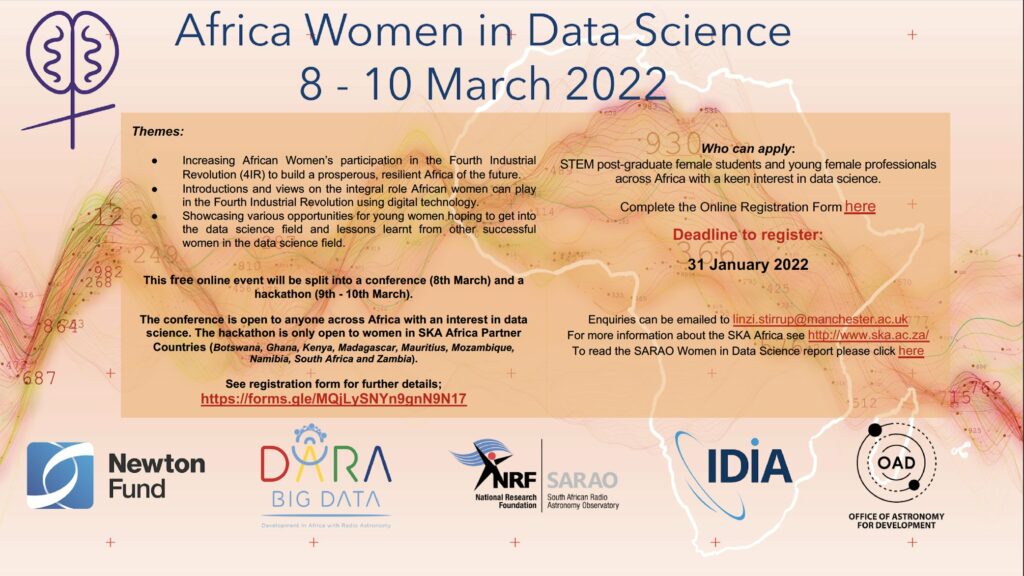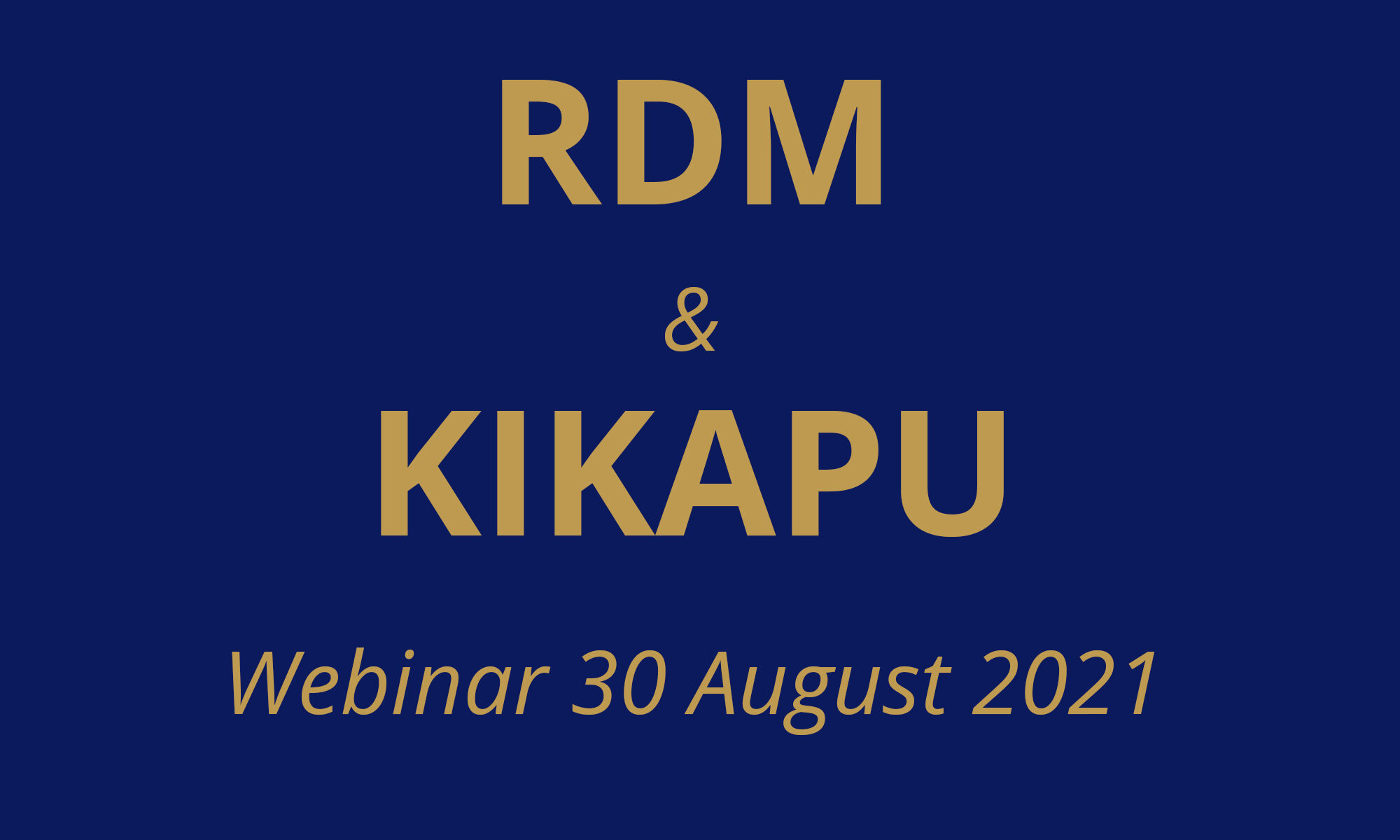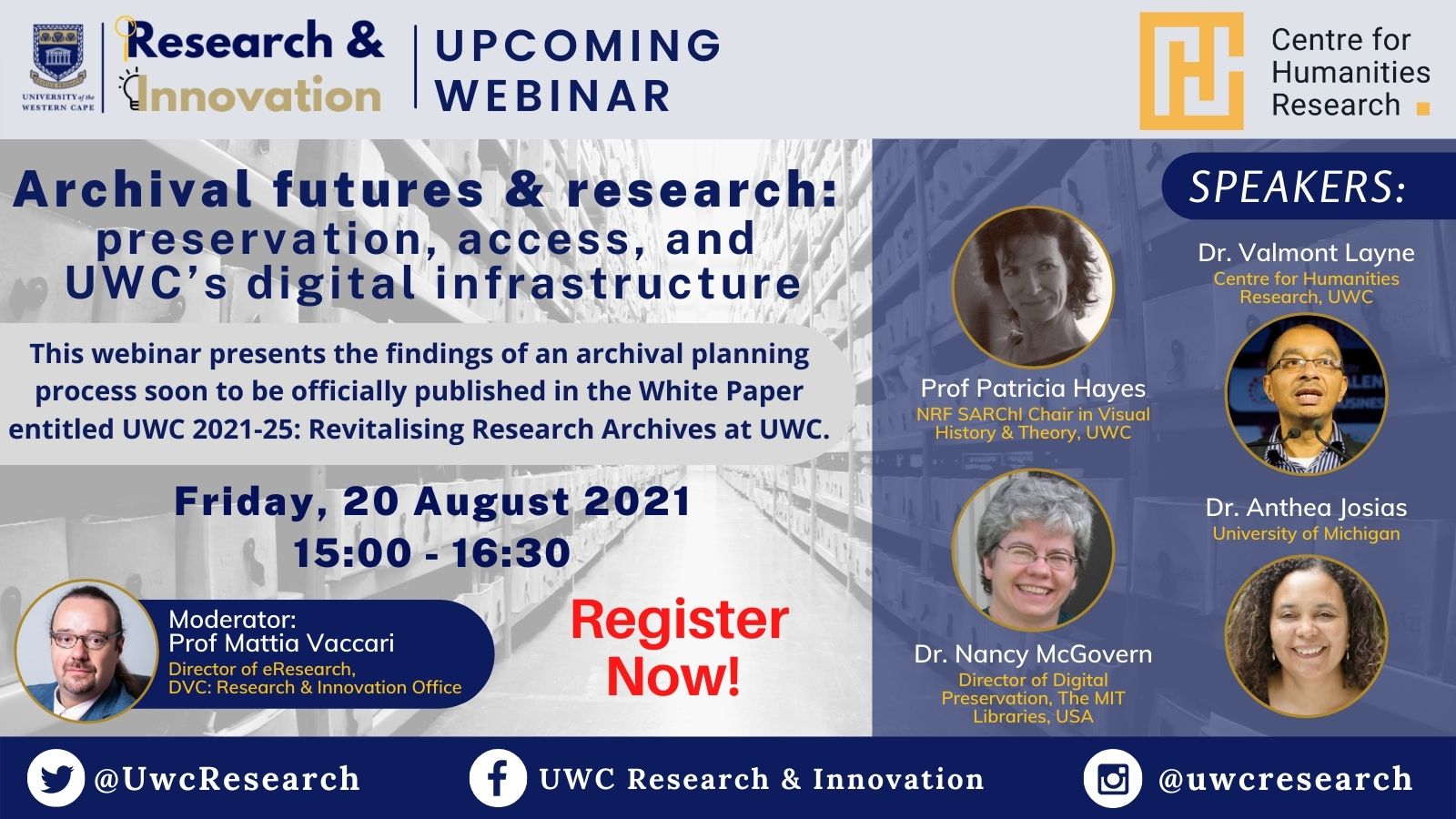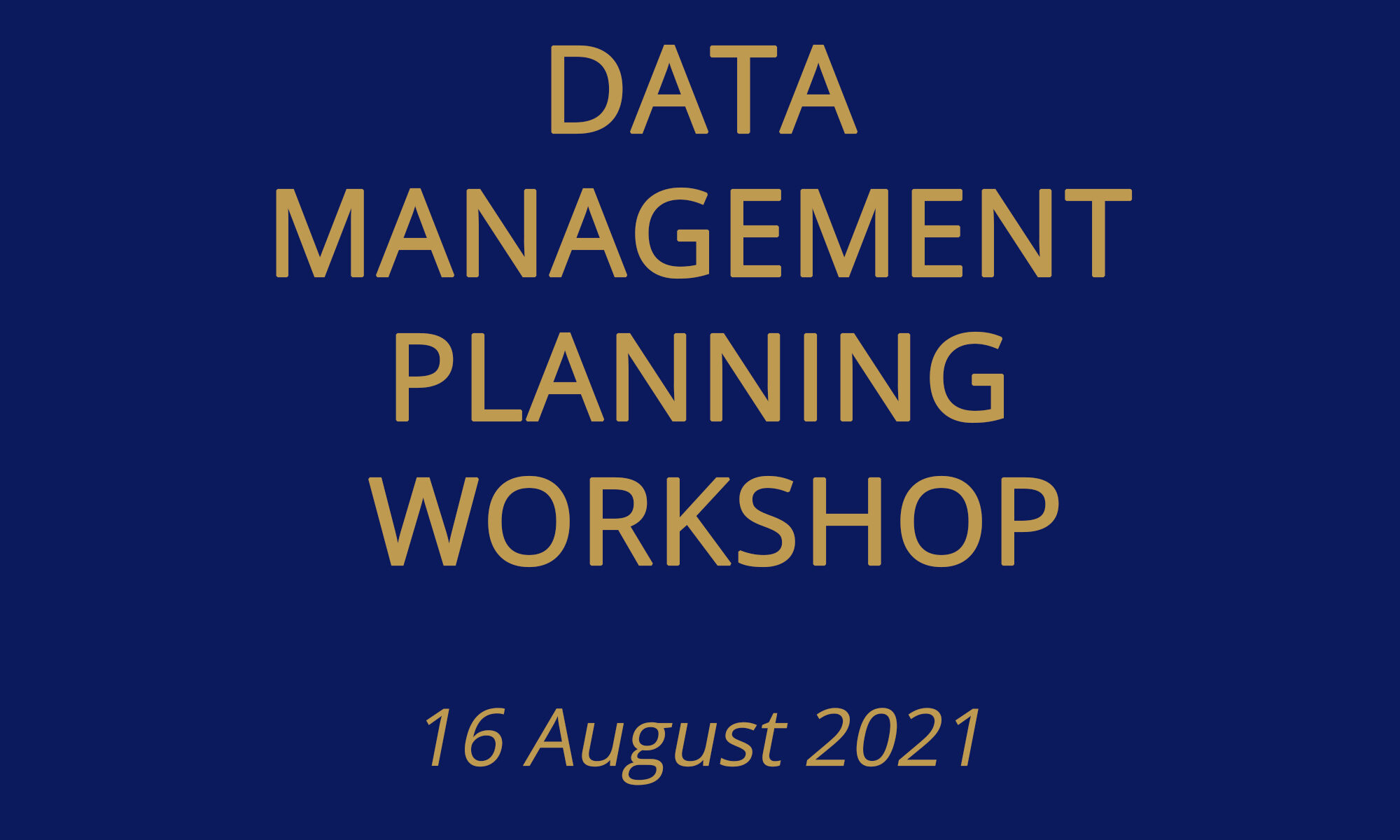Last month’s Carpentry Connect South Africa took place completely virtually, and was attended by more than 120 attendees and volunteers (i.e. trainers, instructors and helpers) from 28 countries worldwide, including 16 countries in Africa. The event included 2 Carpentries workshops, 1 Carpentries instructor training event, 2 networking events, 1 learning session and 1 opening address.
The main goal of CarpentryConnect South Africa 2021 was to build capacity for workshops through instructor training and bring together newer and more experienced community members to share knowledge, network, develop new skills, and develop strategies for building strong local communities around digital and computational literacy in Africa.
Support from the Gordon and Betty Moore Foundation‘s Event Fund allowed for, among other things, 300 GBs of mobile data bundles to be provided to 71 attendees over 19 African network providers. This enabled participation to those who would have otherwise not been able to attend such a virtual and mobile data intensive event. Often, even “free” events” cannot be attended due to the high costs of streaming video of such an event. This is particularly noticeable in contexts where Internet is pre-paid (credit is purchased in advance of service use).
Read more about the event.
